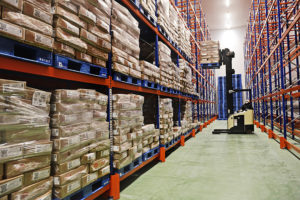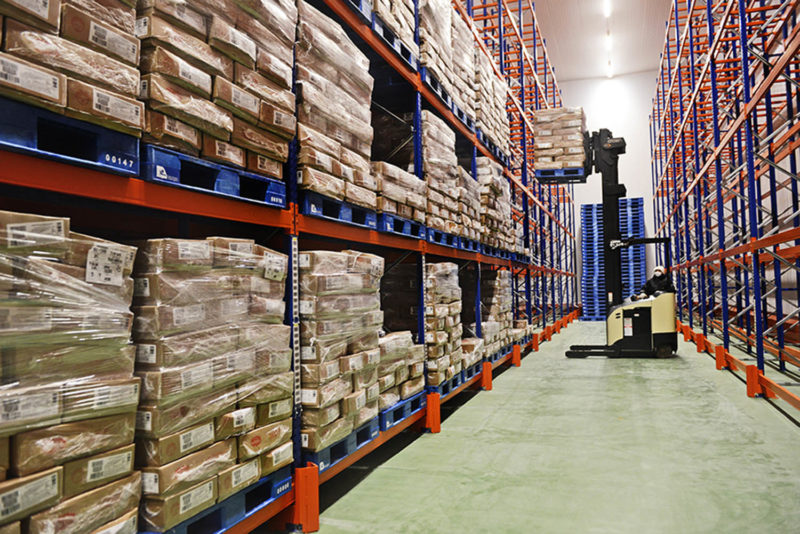 The cold chain industry is doing “relatively well for the wrong reasons and at the wrong time of the year,” Cold Chain Association of the Philippines (CCAP) president Anthony Dizon said in an email to PortCalls.
The cold chain industry is doing “relatively well for the wrong reasons and at the wrong time of the year,” Cold Chain Association of the Philippines (CCAP) president Anthony Dizon said in an email to PortCalls.
Cold chain facilities are logging high occupancy levels due to a host of factors, including community quarantines which forced businesses such as hotels, restaurants, catering firms to shut down, and the closure of some markets due to the African swine fever (ASF)–both situations that increased the need for cold storage.
The temporary avian flu scare in Central Luzon also contributed to the high utilization levels, said Dizon. Earlier he noted that the ASF outbreak caused some markets in the Visayas and Mindanao to refuse pork shipments from Luzon.
READ: Cold stores nearly full, operators flag logistics problems post-ECQ
Asked if there is need for more capacity, Dizon noted there are coincidentally new cold storage projects with projected total capacity of approximately 30,000 tons.
The gradual resumption of businesses with the easing of community quarantines this June, meanwhile, “will somehow mitigate concern on the possible rush to replenish stocks in distribution outlets.”
Dizon earlier warned that businesses resuming “in one swoop may lead to a chaotic situation for logistics operators.”
He noted that although there is an attempt on government’s part to bring back economic activity to normal, “we expect the ‘new’ normal to be affected by the ability of the populace to recover their spending power and their willingness to revert to traditional market behavior.”
On the industry’s new normal, Dizon said there may be operational adjustments as cold chain facilities are affected by changes in production cycles in agricultural production and as imports are affected by product availabilities and international price levels.
He said the major challenge “lies in adjustments that need to be made in capacity planning and operations planning depending on how the new normal takes shape.”
For the remainder of the year, Dizon hopes the situation “returns to what we remember as normal in terms of occupancy levels and seasonalities.”
“Historically, the food industry starts inventory buildup around September in preparation for the Christmas season. So the biggest question is really whether there will be a Christmas season this year,” he noted. – Roumina Pablo





